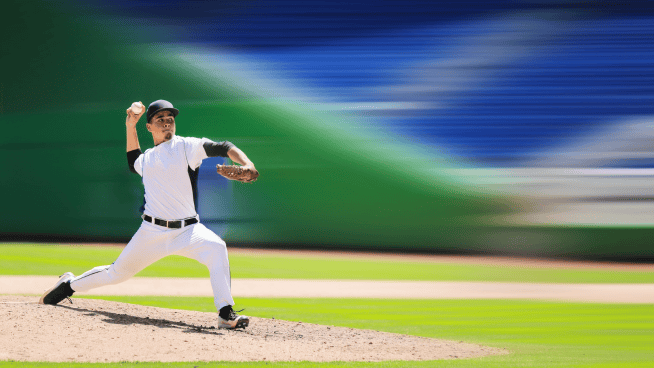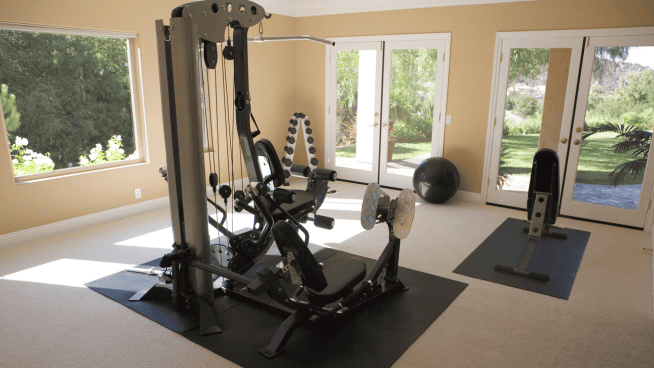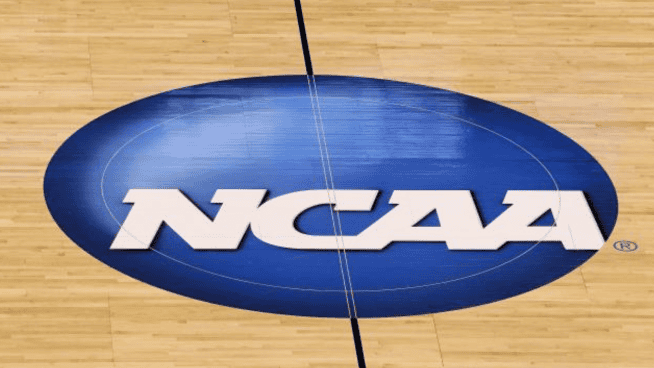YOU Docs: Q&A on Energy Drinks
Q: Do you recommend sports or energy drinks for working out?
A: Sports drinks have some of the coolest commercials, but they’re necessary only if you exercise vigorously for more than 60 minutes straight. After long periods of exercise, they rehydrate your body faster than plain water, because they contain minerals and electrolytes that hasten the absorption of water. But if you drink non-diet sports drinks regularly—after short or not particularly strenuous workouts, or as pick-me-ups in the morning or afternoon—you’ll end up consuming more calories than you’ve burned.
Also, avoid drinks with caffeine, as they can make you pee more, leaving you dehydrated. Worse, caffeine drinks prevent your muscles from getting more oxygen as you exercise, meaning they actually inhibit peak performance. (Caffeine has pluses as well as minuses. We’ll talk more about it in a later blog post.)
Submit your questions to [email protected] and include STACK in the subject line.
Photo: bodofgods.blogspot.com
Michael F. Roizen, MD, is Professor of Internal Medicine and Anesthesiology, Chief Wellness Officer and Chair of the Wellness Institute at the Cleveland Clinic. He has co-founded 12 companies, including the popular websites RealAge.com and YOUBeauty.com.
Mehmet C. Oz, MD, is Vice-Chair and Professor of Surgery at Columbia University and director of the Cardiovascular Institute and Complementary Medicine Program at New York Presbyterian Hospital. His TV show—The Dr. Oz Show— recently won its third Emmy, with Dr. Oz his second as the best daytime talk show host.
RECOMMENDED FOR YOU
YOU Docs: Q&A on Energy Drinks
Q: Do you recommend sports or energy drinks for working out?
A: Sports drinks have some of the coolest commercials, but they’re necessary only if you exercise vigorously for more than 60 minutes straight. After long periods of exercise, they rehydrate your body faster than plain water, because they contain minerals and electrolytes that hasten the absorption of water. But if you drink non-diet sports drinks regularly—after short or not particularly strenuous workouts, or as pick-me-ups in the morning or afternoon—you’ll end up consuming more calories than you’ve burned.
Also, avoid drinks with caffeine, as they can make you pee more, leaving you dehydrated. Worse, caffeine drinks prevent your muscles from getting more oxygen as you exercise, meaning they actually inhibit peak performance. (Caffeine has pluses as well as minuses. We’ll talk more about it in a later blog post.)
Submit your questions to [email protected] and include STACK in the subject line.
Photo: bodofgods.blogspot.com
Michael F. Roizen, MD, is Professor of Internal Medicine and Anesthesiology, Chief Wellness Officer and Chair of the Wellness Institute at the Cleveland Clinic. He has co-founded 12 companies, including the popular websites RealAge.com and YOUBeauty.com.
Mehmet C. Oz, MD, is Vice-Chair and Professor of Surgery at Columbia University and director of the Cardiovascular Institute and Complementary Medicine Program at New York Presbyterian Hospital. His TV show—The Dr. Oz Show— recently won its third Emmy, with Dr. Oz his second as the best daytime talk show host.













